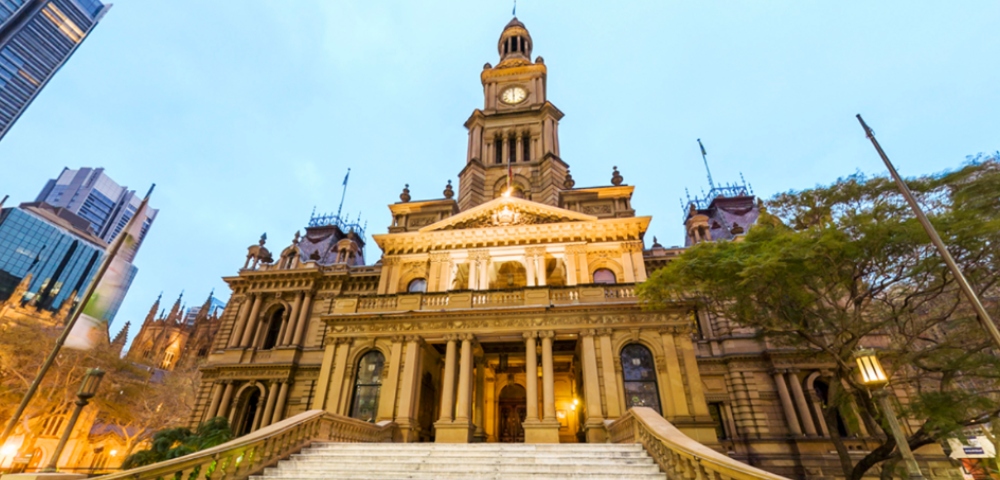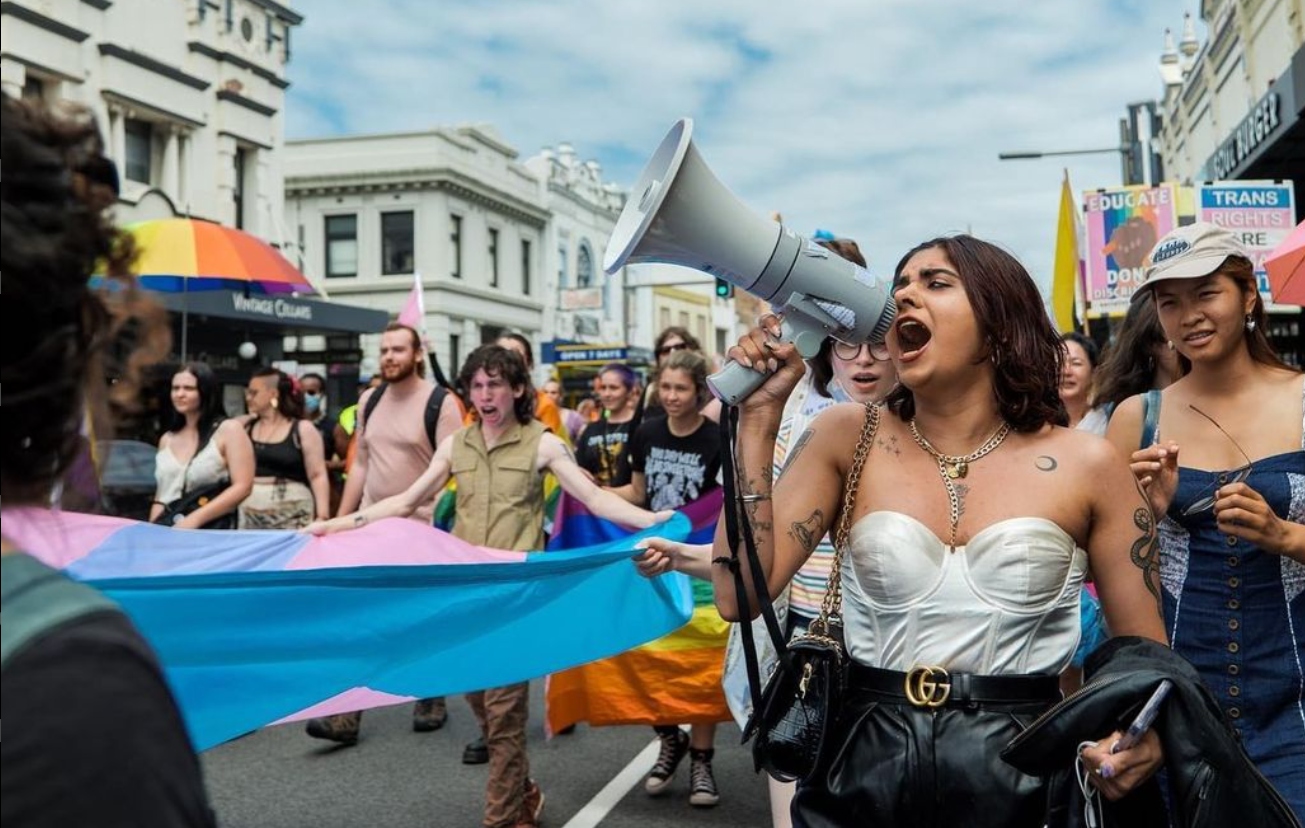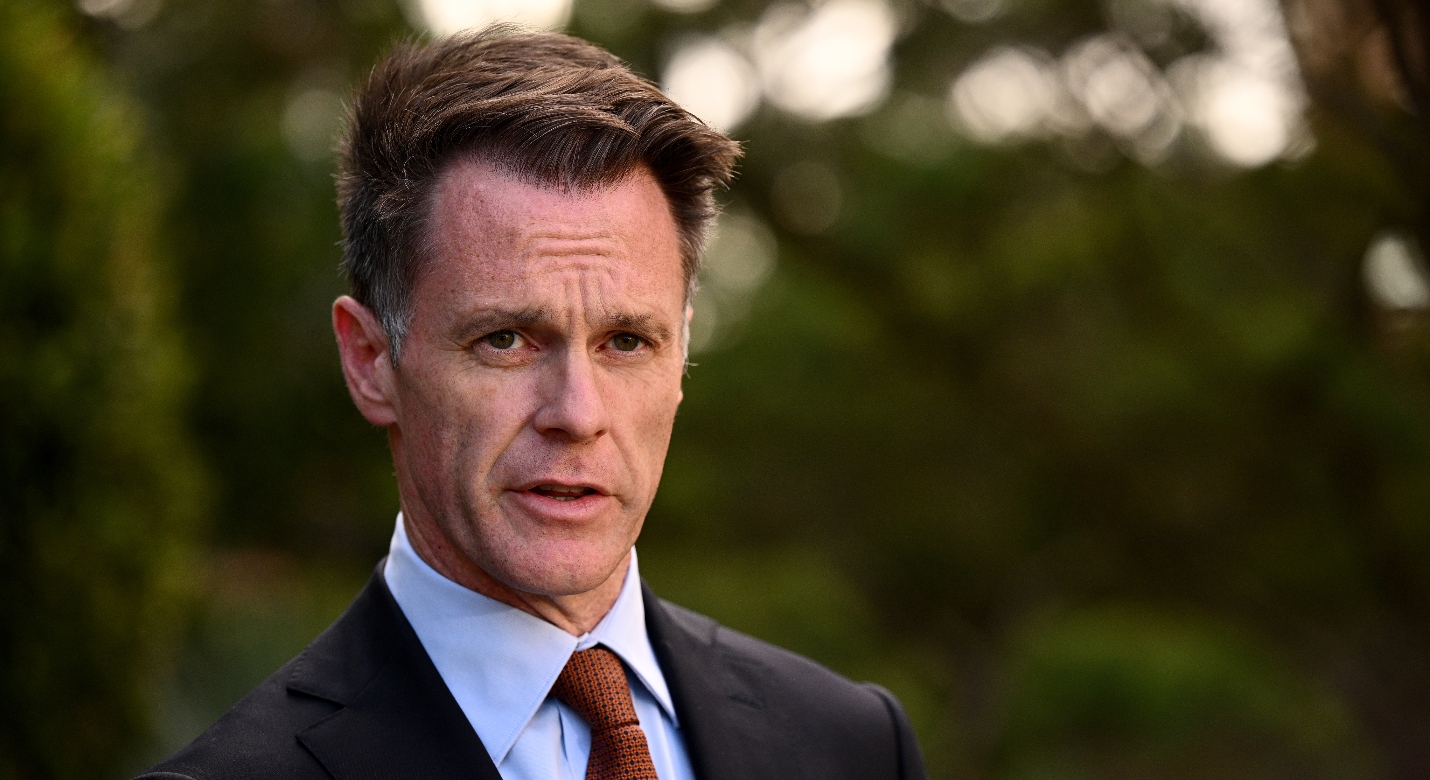

by GRACE JOHNSON
The City of Sydney has overturned the proposal to renew existing alcohol free zones and the NSW Police’s request to introduce new ones, setting a precedent for other councils to follow.
There are currently 379 alcohol free zones in the City of Sydney. The proposal, put forward by some residents but primarily by NSW Police, was to introduce an extra 15 zones and two parks.
The current zones are set to expire on December 15, 2023, but Council will now have 9 months to review all existing zones. It may be decided that some zones will be kept, or all might be abolished.
Councillor Sylvie Ellsmore, who made significant amendments to the original motion, spoke City Hub after the motion was unanimously approved, saying “Tonight is an important decision, and one which I hope will influence other Councils.”
A list of 18 temporary alcohol free zones were approved for New Year’s Eve, primarily in Newtown, Glebe and Waterloo.
In reviewing existing zones, Council will consult with an extensive list of stakeholders, including local residents, communities in social housing estates, neighbourhood advisory boards, community services, Aboriginal community-controlled organisations, Torres Strait Islander and culturally and linguistically diverse organisations, business and relevant NSW government agencies.
Council also resolved for Lord Mayor Clover Moore to write to the State Government asking for a review, which will hopefully help the NSW Government reconsider the laws on alcohol free zones altogether.
Zones disproportionately affect vulnerable people
Alcohol free zones and alcohol prohibited areas disproportionately affect vulnerable people in the city, including Aboriginal people, young people, those experiencing homelessness, and those living in public or social housing.
Currently, the biggest cluster of alcohol prohibited areas (like parks) is located in the Redfern and Waterloo precinct. The additional zones that the police requested were primarily in front of public housing estates.
Community legal centres and Aboriginal groups have been lobbying to limit or remove these laws for decades because of how they impact Indigenous communities. In addition, City of Sydney is one of the few councils that must consult with the Anti-Discrimination Board before extending alcohol free zones, due to how police have abused their powers in the area in the past.
Councillor (Waskam) Emelda Davis, who put forward the motion, said while addressing council that “the purpose review will give us an opportunity to determine whether these zones are beneficial, as well as where restrictions could be lifted, and give our community the chance to have their say before any changes are made.”
Alex’s Story
Speaking to council, Councillor Sylvie Ellsmore passed on a story that the Aboriginal Legal Service had shared with her about a girl called Alex (not her real name) as an example of how these current zones impact Aboriginal people.
“Alex is a resident of the city of Sydney area. Alex was in an alcohol free zone in Waterloo, alone and drinking from a bottle in a brown paper bag. The police stopped and approached her. A verbal altercation ensued, during which Alex made it clear that she felt the police were interfering with her liberties. They issued her a move-on order because of her language and because she was drinking.
“She failed to comply so they arrested her, charged her for resisting arrest, assault police, offensive language, known as the trifecta by anyone who’s worked in Aboriginal Legal Service, as well as failing to comply with a move-on direction. She defended the action in court. The police conceded that they did not have the power to issue her within move-on direction for drinking in the alcohol free zone. All charges were dismissed at court.
“However, the process and the trauma experienced by that client was just one of the examples that the Aboriginal Legal Service shared with us to help us understand why their recommendation is that we do this review, because there has been a disproportionate impact in how these laws tend to be used towards Aboriginal people, who are already subject to punitive, proactive policing practices on the streets generally. And that over-policing of Aboriginal communities is one of the key things that is contributing to the over-representation of Aboriginal and Torres Strait Islander people in custody.”
Support of the motion
Councillor Adam Worling also spoke in support of the motion, saying that those who can’t afford drinking in licensed venues have to stay home.
“But what if staying home isn’t an option? Maybe you’re at risk. Or you simply want to have some sunshine and drink with friends and socialise outside,” he said.
“If we put restrictions on more and more streets, are we just kicking the perceived problem down the road? Are we causing further divide in our community rather than addressing key health and socials needs for connection?”
“I think we should be more trusting of our residents rather than continuing such a heavy handed approach,” he emphasised.









